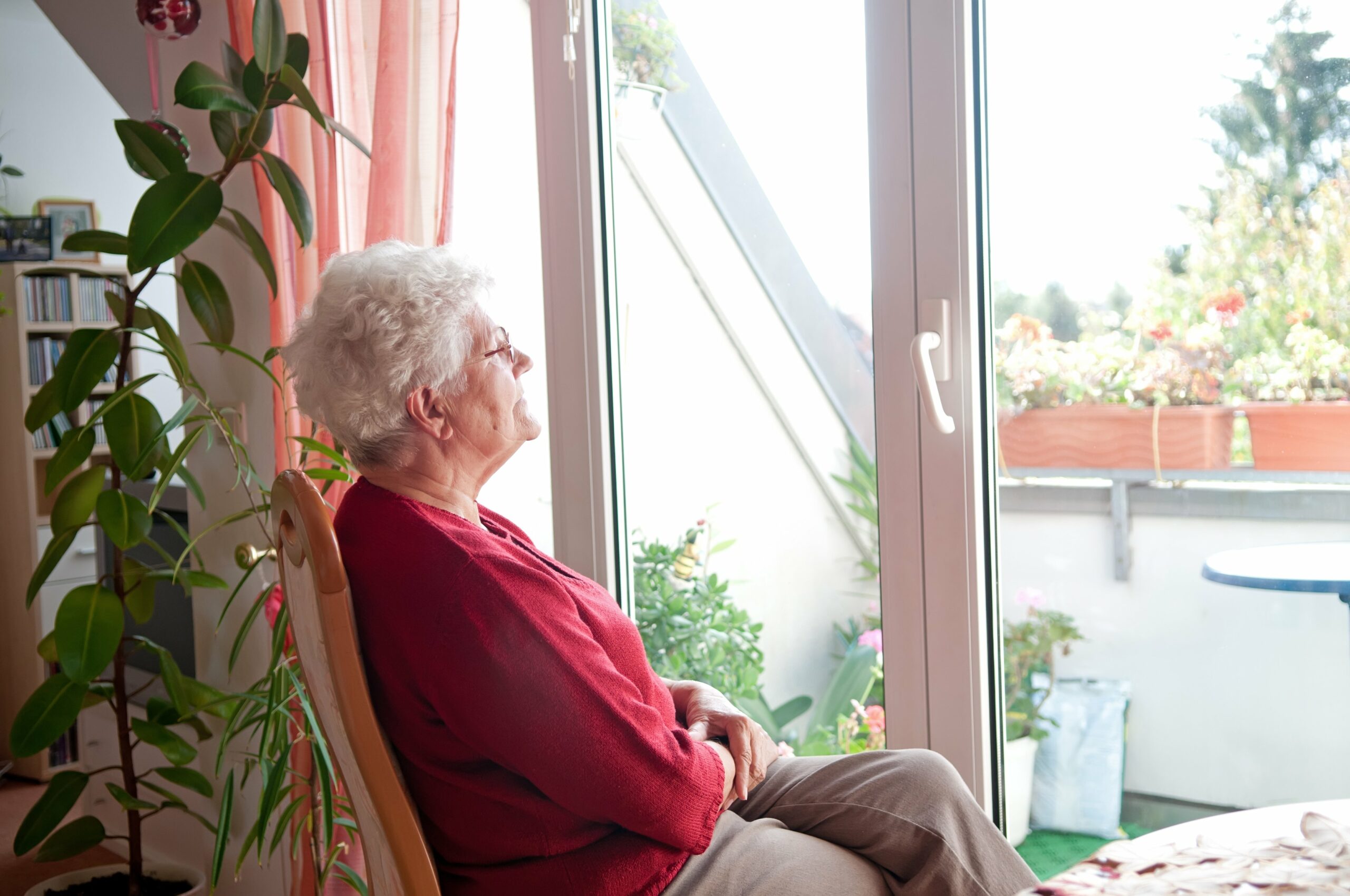
Many nursing homes in South Carolina face the problem of understaffing. For some of these nursing homes, the problem reflects a national shortage of qualified nurses – one that is “on the cusp of becoming a crisis,” according to The Atlantic. On the other hand, in many nursing homes, the problem reflects their own greed. To maximize their profits, they cut their labor costs.
Whatever the reason may be for a nursing home’s staffing problems, the consequences are clear: A lack of adequate staff puts already vulnerable nursing home residents at risk for abuse and neglect at a time in their lives when they need quality care the most.
What Problems Does Understaffing Cause in Nursing Homes?
Licensed nurses and non-licensed nursing staff play a vital role in the care that nursing home residents receive. If a facility is understaffed, residents suffer. For instance, staffing issues can lead to:
- Failure to maintain residents’ hygiene. Because they are pressed for time, staff members may neglect to regularly bathe, shave and groom residents. They may also skip cleaning incontinent residents, changing catheters or emptying bedpans. Neglected residents can suffer infections, and they may grow depressed due to a lack of hygiene.
- Failure to attend to residents’ nutrition. Overworked staff members may fail to ensure that residents drink enough fluids and eat meals that meet their dietary needs. Residents can suffer serious health problems if they suffer from dehydration or malnutrition.
- Failure to properly move residents. Staff members must routinely move, turn and reposition residents who are bedridden. If they fail to do so because they are too busy, residents may develop severe bedsores or pressure ulcers. Additionally, due to a staffing shortage, a nurse may try to move a resident on his or her own without help, which can result in the patient suffering injuries such as cuts, bruises or fractures.
- Failure to properly administer medication. In a rush, a staff member may give a resident the wrong type or dosage of medication, or a staff member may fail to give medication according to schedule. Medication errors can lead to severe illness and may prove to be fatal.
- Failure to properly monitor residents. Without enough staff members on hand to keep an eye on residents, they may fall, wander or become missing. They can suffer serious harm – especially if their accident or absence goes unnoticed for a prolonged period of time.
Additionally, when staff members are overworked, they can become stressed and agitated. They make take out their frustration on residents and subject them to physical or emotional abuse.
What are Federal and State Nursing Home Staffing Requirements?
Under federal law, nursing homes must have “sufficient nursing staff with the appropriate competencies and skills sets to provide nursing and related services to assure resident safety and attain or maintain the highest practicable physical, mental, and psychosocial well-being of each resident, as determined by resident assessments and individual plans of care[.]” Any nursing home which receives Medicare funding must comply with this law.
Additionally, to maintain their license, nursing homes in South Carolina must meet the standards set by the S.C. Department of Health and Environmental Control. Those standards require nursing homes to have an “adequate number of licensed nurses” on duty “to meet the total nursing needs of residents.”
If a nursing home fails to meet federal and state staffing requirements, and a resident suffers harm due to the facility’s understaffing, it can serve as evidence of negligence.
Get Help from an Experienced South Carolina Nursing Home Abuse and Neglect Lawyer
If you believe that your loved one has suffered from any kind of abuse or neglect at a nursing home due to understaffing, you should seek help from an experienced personal injury lawyer without delay. Contact Joye Law Firm today. We will provide a free consultation and take immediate steps to protect your loved one’s health and legal rights.







































